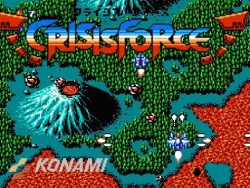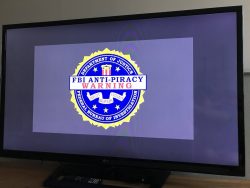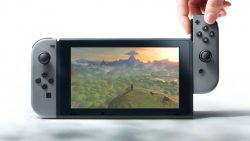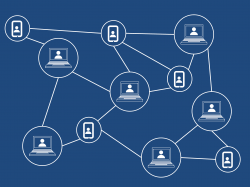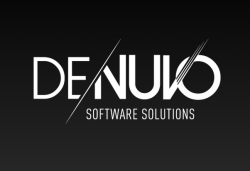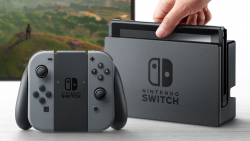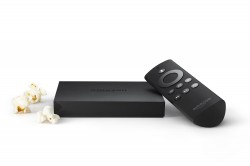And just like that, 2019 is nearly over. Or maybe already over by the time I post this because, a) this thing took longer than I expected to finish, and/or b) you live on one of the Line Islands and you’ve reached 2020 earlier than everyone else on the planet.
So I guess this is as good a time as any to review 2019 and summarise everything that has happened over the last year. Or at least the things that I can remember right now.
And don’t forget to enter our 20th anniversary competition, where you can win some cool prizes simply by finding a codeword that we’ve hidden in a news article, or maybe even in this very article 😉
As with our usual “weekly” roundups, let’s start with the copyright stuff.

Torrenting is down as expected, but that’s not because of the effectiveness of all the anti-torrenting laws and measures, but because people have moved onto other ways to get their piracy fix. Piracy streaming is now the go-to for people because streaming technology and people’s broadband speeds have improved to the point where HD streaming is possible and easy. Direct downloads are also making a comeback via private forums and chat groups, encrypted and password-protected download links, coupled with decent download speeds even for free hosting services. The downloader benefits from these two methods because they’re largely free from monitoring, and there’s little chance of a nasty email from your IPS informing you that you’ve been caught.
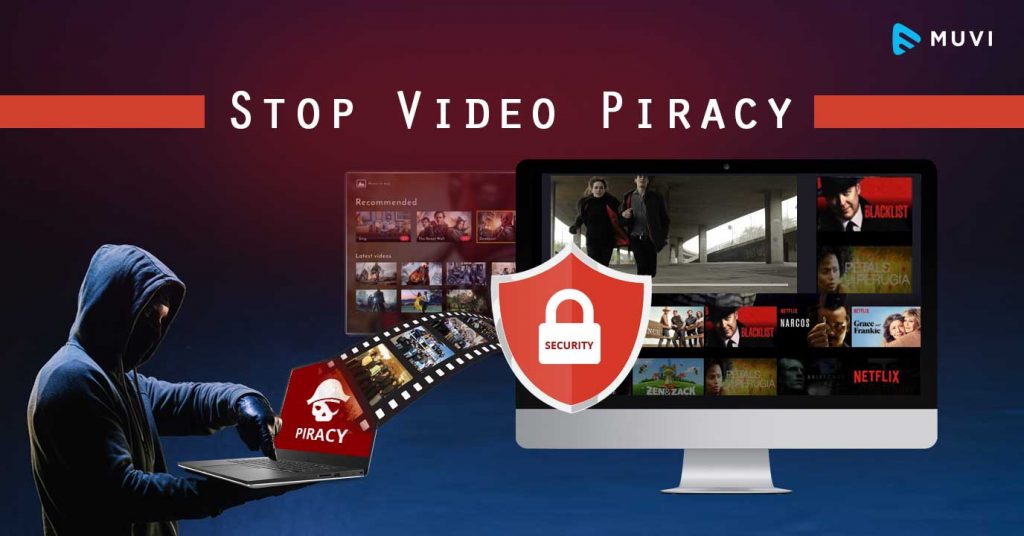
The response from the other side? Sites continue to get taken down, operators sued, new laws passed. So basically the same old, same old game of whack-a-mole.
With access to even faster download speeds, Blu-ray rips and 4K downloads, once the domain of the most hardcore due to their 25 to 100 GB downloads, will become more popular. At least for those that are still bothering to download stuff.

Unless you’re somehow immune to our cross-promotional efforts, you should know that we now have our own YouTube channel. We’ve taken everything we’ve learned over the years to focus on the niche of 4K upscaled (and sometimes, native 4K) content, mostly trailers, but also behind-the-scene clips and even music videos of our own creation. I can confidently say that our 4K uploads are some of the best you’ll see on YouTube, and that’s largely down to the effort we take to upscale the content from the best possible sources. None of this ripping from a muddy YouTube HD upload and then doing a simple bilinear 4K upscale, with so-called 4K uploads looking worse than the original HD version.
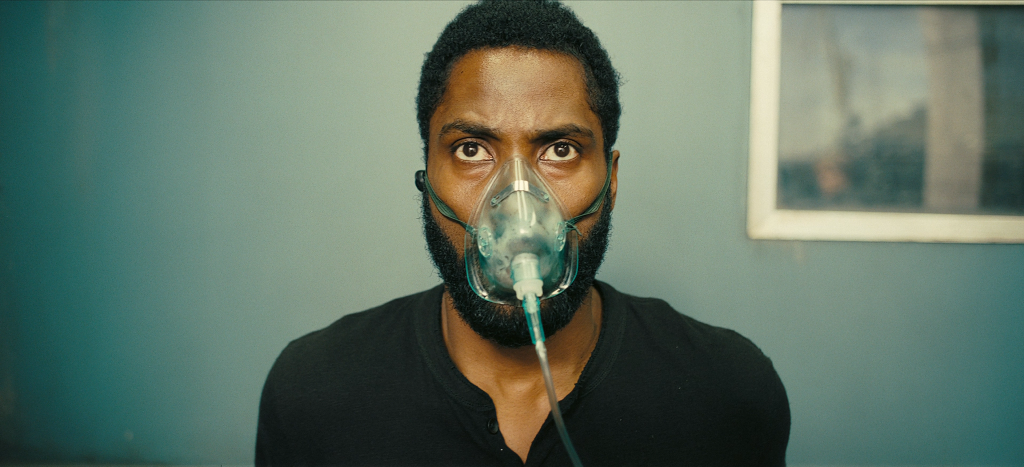
We’ve also learned a lot about not just how YouTube works (and how channels that focus on quality often lose out to channels that focus on speed), but also how the whole trailers game works (it’s way way more complicated than what I originally thought – there’s a real art to how to best promote a movie, and some studios are simply better at it than others).
And some trailers are just better than others, and here’s our top 10 for the year:
Moving away from shameless self-promotion, the home video landscape remains in flux as streaming takes over everything and anyone who is anyone is coming out with their own streaming product (and at the same time, taking their stuff off Netflix).
But the one that has the best potential to disrupt Netflix is probably Disney+ and so far, it’s going to take a while for this to happen, if it happens at all.
The Mandalorian is probably the best Star Wars anything since the original trilogy (okay, Rogue One was pretty good too), but with the first season now over, there’s nothing really on Disney+ that’s a must-see. The other Star Wars shows, and the Marvel originals are months if not years away, and in terms of catalogue content, only a tiny fraction of the Disney and Fox library is on there (and Disney is not in a hurry to add more).
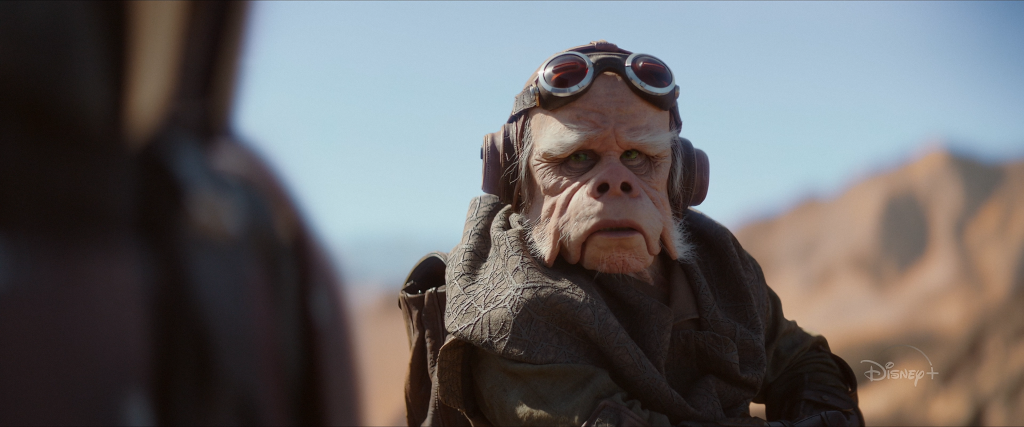
At the same time, Netflix is releasing about 1,362 new shows and original films every month. And while many of them are completely missable shows, many are really quite fantastic. I just hope Netflix doesn’t run out of money soon, because their production costs are enormous and without theatrical runs for their movies, they’re missing out on a potential billion dollars in box office takings.
The current big debate over original IPs versus more and more superhero movies involves Netflix and other streaming outfits too. One side argues that Hollywood (and cinema chains) is too focused on the next Avengers phase or Star Wars, and not giving movies like ‘Richard Jewell’ a chance. The other side argues that superior movies like ‘Richard Jewell’ and ‘Uncut Gems’, both in cinemas right now, just don’t make economic sense when the inferior ‘Star Wars’ is obliterating them in terms of ticket sales. In the case of ‘Richard Jewell’, I know for a fact that Warner Bros. did promote it as much as its other movies (in terms of trailers, promotional clips, etc…), but moviegoers are just not biting.
The question that some have asked is that would ‘Joker’ have made so much money if it had been simply called ‘Arthur’ and was not based on DC Comic’s IP? Most likely not!
So can you really blame Hollywood for being unoriginal when unoriginal is what pays the bills? The same for cinema chains, who will always show more love to an uninspired Marvel film over a film like The Irishman.
I’ve uploaded some great trailers for some really interesting films this year, but they will never get as many views as says a Top Gun 2 trailer or a Wonder Woman sequel. The only exception is Christopher Nolan, who’s original films are more anticipated than even the most anticipated franchise titles.
The other raging debate is over the apparent focus testing of movies, and how it’s ruining creativity and originality. The re-designed Sonic is what started this debate, with many believing that the original design, as bad as it was, would have made a weirder and less mainstream film that would have lived on as a cult classic. A movie so bad, that it’s good.

But then the horror movie known as Cats happened, and its director Tom Hooper appears to have ignored all calls for focus-testing and character re-designing, and well, we now know that perhaps some changes should have been made. If Paramount can avoid what happened to ‘Cats’ with a re-designed Sonic, as pandering as it was, then I think they would believe that it was a change worth making.
And finally, disc sales continue to slide, as even 4K Ultra HD can’t save physical media from being made obsolete by digital and streaming. I had promised to write our 2018 disc sales analysis almost a year ago, and it’s almost time to write another 2019’s. I’ll probably combine the two together, and I’m not making any promises, but hopefully, that analysis will be uploaded soon. Spoiler alert: Blu-ray disc sales have fallen, not as much as DVD sales, but still quite alarming despite the increasing popularity of 4K.

I haven’t covered gaming news as much in 2019, but the three big stories are the continued success of Nintendo’s Switch, and the two new consoles from Microsoft and Sony, the funnily name Xbox Series X and the PS5.
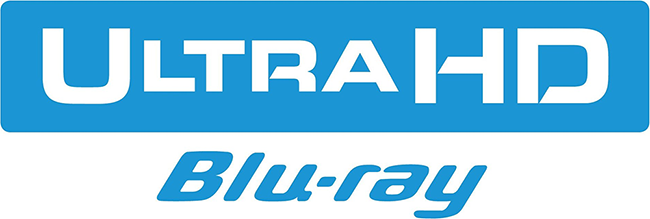
While I can go on about ray-tracking, 120 FPS gaming and SSD storage, but what interested me the most was the fact that Sony’s PS5 will finally support 4K Ultra HD Blu-ray playback, having skipped it in the PS4. I guess you can surmise that Sony now realise it was a mistake to not include UHD disc playback with the PS4, although they will argue that the cost of the drive and the fact that games are getting bigger and bigger were all factors in Sony deciding to jump aboard the UHD, and BDXL train. While I haven’t found any concrete information on what kind of disc drive the Xbox Series X will be using, but I would be very surprised if it turns out to not support UHD Blu-ray playback.
#Celebrate
On that note, we come to the end of this roundup, and (almost) 2019. Hope you all have a great time celebrating the new year, and may this new year be your best yet!
See you next year.


